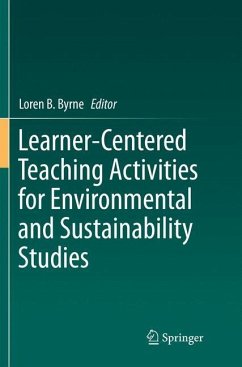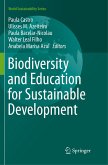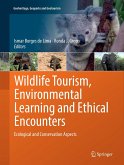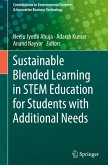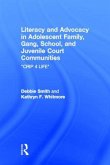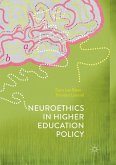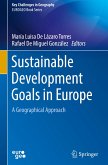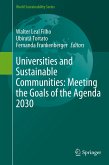Learner-centered teaching is apedagogical approach that emphasizes the roles of students as participants inand drivers of their own learning. Learner-centered teaching activities gobeyond traditional lecturing by helping students construct their ownunderstanding of information, develop skills via hands-on engagement, andencourage personal reflection through metacognitive tasks. In addition,learner-centered classroom approaches may challenge students' preconceivednotions and expand their thinking by confronting them with thought-provokingstatements, tasks or scenarios that cause them to pay closer attention andcognitively "see" a topic from new perspectives. Many types of pedagogy fallunder the umbrella of learner-centered teaching including laboratory work,group discussions, service and project-based learning, and student-ledresearch, among others. Unfortunately, it is often not possible to use some ofthese valuable methods in all course situations given constraints ofmoney,space, instructor expertise, class-meeting and instructor preparation time, andthe availability of prepared lesson plans and material. Thus, a major challengefor many instructors is how to integrate learner-centered activities widelyinto their courses.
The broad goal of this volume is to helpadvance environmental education practices that help increase students'environmental literacy. Having a diverse collection of learner-centeredteaching activities is especially useful for helping students develop theirenvironmental literacy because such approaches can help them connect morepersonally with the material thus increasing the chances for altering theaffective and behavioral dimensions of their environmental literacy. Thisvolume differentiates itself from others by providing a unique and diversecollection of classroom activities that can help students develop theirknowledge, skills and personal views about many contemporary environmental andsustainability issues.
The broad goal of this volume is to helpadvance environmental education practices that help increase students'environmental literacy. Having a diverse collection of learner-centeredteaching activities is especially useful for helping students develop theirenvironmental literacy because such approaches can help them connect morepersonally with the material thus increasing the chances for altering theaffective and behavioral dimensions of their environmental literacy. Thisvolume differentiates itself from others by providing a unique and diversecollection of classroom activities that can help students develop theirknowledge, skills and personal views about many contemporary environmental andsustainability issues.

